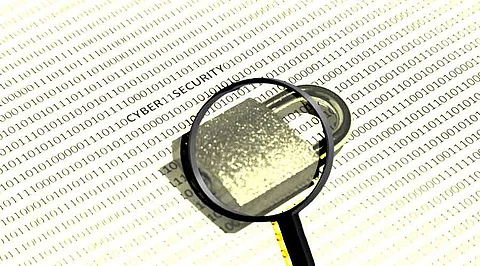

Sensitive data must be protected in the digital era, and data encryption methods are the first line of defense against online threats. AES, RSA, 3DES, Blowfish, and ECC are five crucial data encryption techniques that are examined in this article. Each algorithm has distinctive characteristics designed for a particular application, such as secure communications or financial transactions.
Considerations for selecting the optimal encryption method include the necessary level of security, available computing power, and the type of data that has to be safeguarded. Join us as we understand the complexities of these 5 Data Encryption Algorithms and direct you toward making wise selections to properly protect your digital asset.
AES, also known as Rijndael, is one of the most widely adopted symmetric encryption algorithms. It operates on blocks of data and supports key sizes of 128, 192, or 256 bits. AES is renowned for its efficiency and is the encryption standard recommended by the U.S. National Institute of Standards and Technology (NIST). The algorithm employs substitution-permutation network (SPN) structures, making it highly resistant to various attacks.
RSA is a public-key encryption algorithm known for its asymmetric key structure. It employs a pair of keys: a public key for encryption and a private key for decryption. The difficulty of factoring the product of two big prime integers is the foundation for RSA's security. One of RSA's strengths is the authenticity it provides through digital signatures, enabling secure data transmission and authentication.
3DES, also known as TDEA or DESede, is a symmetric key block cipher that operates on 64-bit data blocks. This algorithm applies the Data Encryption Standard (DES) encryption process three times consecutively, enhancing security. Despite being slower than some modern encryption methods, 3DES remains a reliable choice for applications requiring strong encryption, such as payment processing and financial services.
Blowfish is a symmetric key block cipher developed by Bruce Schneier. It's highly versatile, with key sizes ranging from 32 to 448 bits. Blowfish is known for its speed and effectiveness, making it suitable for various applications. However, its successor, Twofish, is more popular today due to its improved security features and larger block sizes.
ECC is a public-key encryption technique that leverages the algebraic structure of elliptic curves over finite fields. It offers strong security with relatively small key sizes compared to other encryption methods. ECC's efficiency makes it a suitable choice for resource-constrained devices like mobile phones and IoT devices. Its strong security properties have made it a popular choice for securing sensitive data.
Join our WhatsApp Channel to get the latest news, exclusives and videos on WhatsApp
_____________
Disclaimer: Analytics Insight does not provide financial advice or guidance. Also note that the cryptocurrencies mentioned/listed on the website could potentially be scams, i.e. designed to induce you to invest financial resources that may be lost forever and not be recoverable once investments are made. You are responsible for conducting your own research (DYOR) before making any investments. Read more here.
